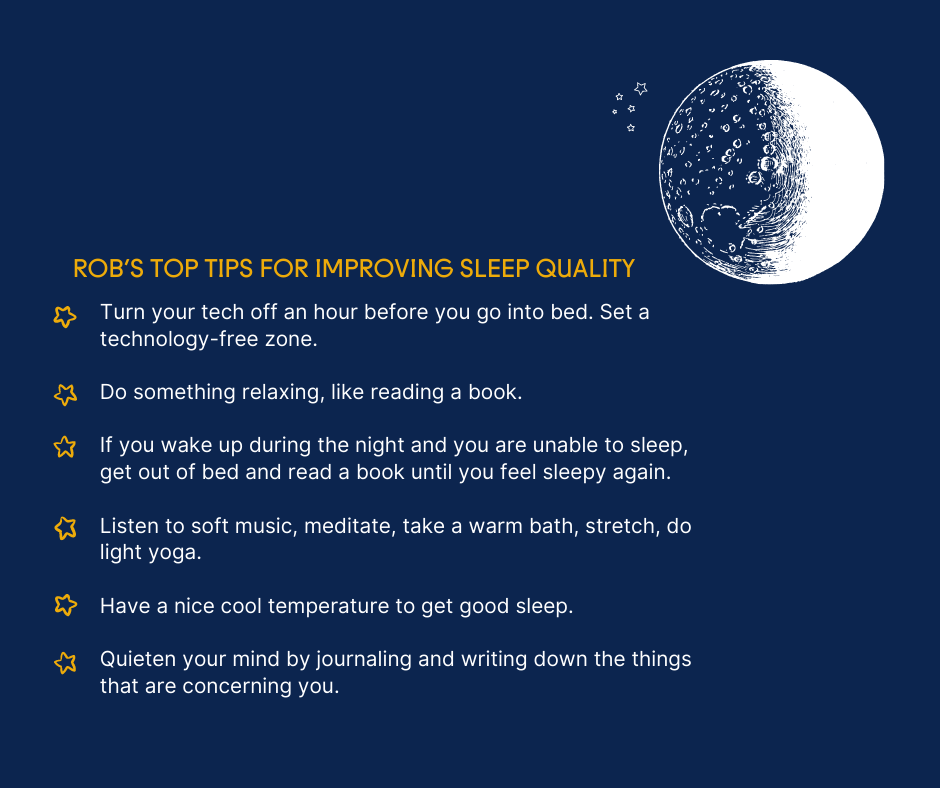Why shut-eye is good for the soul
There’s no question about it: we’re a whole lot happier after a good night’s sleep. When we get into a pattern of sleeping soundly, we tend to wake up feeling more refreshed, more positive, and ready to take on the world.
But quality sleep can sometimes prove elusive; especially for those of us with busy lives, young children, or worries that keep us awake at night. And it’s when sleep evades us that our form, and our overall wellbeing, starts to suffer.
In fact, poor sleep is linked to:
Obesity
Diabetes
A weakened immune system
An increased chance of developing anxiety and depression
A greater risk of heart disease or stroke
A shorter life expectancy
A lower libido
That’s why setting yourself up for the most peaceful night possible is a really good place to start when it comes to boosting your form, and looking after your mental and physical health.
Coping with sleep problems
The cyclical nature of sleep can leave you in a bit of a pickle: if you have a mental illness, it might be harder for you to sleep well, while a lack of sleep can increase your likelihood of developing a mental illness.
We’re not keen on either scenario.
The trouble is that when you’re not sleeping, you worry about not sleeping – which makes it even harder to fall asleep. There’s also the chance that sleep is evading you because of panic attacks, the side effects of medication, trauma, or even daily challenges like shift work or pressing deadlines.
It’s important to tune into the root cause (or causes), because changes to our sleep patterns can be the first sign that something’s wrong, or needs attention.
Most people need a nightly average of 8 hours sleep to function properly, but so many factors come into play that it has to be about figuring out your own sleep needs. If you’re yawning through the day, feeling short-tempered and struggling to concentrate on any given task, you probably need more rest.

